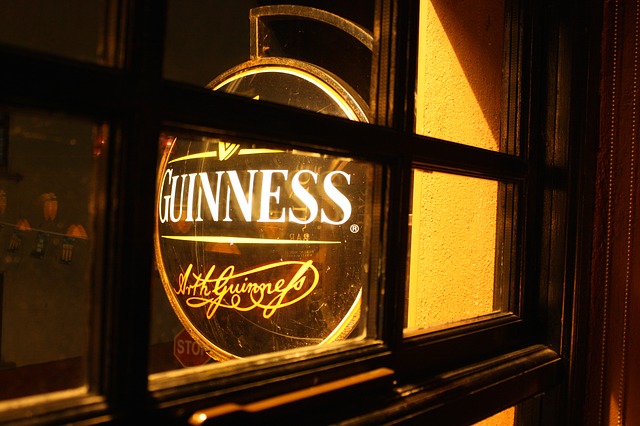Donegal’s drinks and hospitality businesses are highly vulnerable to a hard or ‘no deal’ Brexit, according to a new report published today by the Drinks Industry Group of Ireland (DIGI).
Drinks and hospitality businesses account for 4,602 jobs – 7.9% of all employment in Donegal. Hospitality employment—which includes pubs, hotels, B&Bs and restaurants—accounts for 9.5% of all employment in the West of Ireland.
These jobs could all be threatened by Brexit, according to Rosemary Garth, Irish Distillers’ Communications and Corporate Affairs Director and Chair of DIGI.
Garth said: “In many parts of Donegal, drinks, hospitality and tourism businesses are the primary and sometimes only employers. This makes these areas highly vulnerable to economic shocks, like Brexit.
“If a hard or no deal Brexit occurs and sterling devalues further, British tourists will look to save their money rather than spend it. That means fewer holidays and a smaller budget when they travel.
“Considering the British are our single biggest tourism market, this is a significant problem for rural areas that completely rely on foreign spend to power their local economy. Without a way to offset this decreased trade, some towns and villages could face business closures and job losses not unlike those of the recession.”
The DIGI report signaled that a downturn in the drinks and hospitality trade could also harm our economy. Ireland’s drinks industry alone generates Exchequer revenue worth €2.3 billion and exports €1.25 billion in goods every year.
Faced with an uncertain economic environment, DIGI has called upon the Government to safeguard the growth of the drinks and hospitality industry by implementing a ‘defensive’ alcohol excise tax reduction.
Ireland has the second-highest overall alcohol excise tax in Europe behind only Finland. Broken down by drink type, Ireland has the highest tax on wine, the second highest on beer, and the third highest on spirits.
“Ireland’s drinks sector is our fastest-growing manufacturing industry,” said Garth. “In 2013, there were just four working distilleries. Now there are 18 with 16 more on the way. Since 2012, the number of indigenous microbreweries producing their own product has quadrupled.
“With lower excise tax in a stable trading environment, our industry could do even more. With our current rate in addition to a hard Brexit, however, we risk damaging this hard-earned growth.”
“By reducing excise, not only would the Government be rewarding consumers by putting more money back in their pockets, it would be helping to defend producers, retailers and other businesses across Ireland from the worst impacts of economic uncertainty. With less spent on excise tax, employers will be able to invest in business development and job creation, giving Ireland’s regions the necessary supports to grow in line with the rest of the country.”
Tags:







